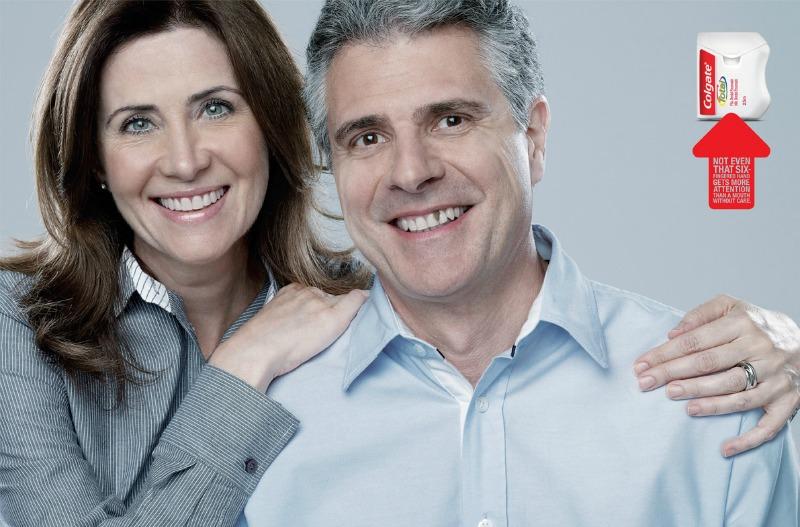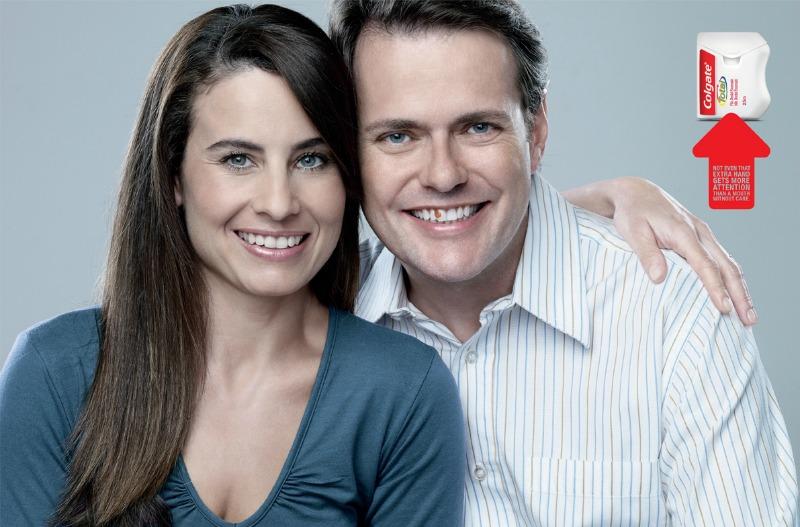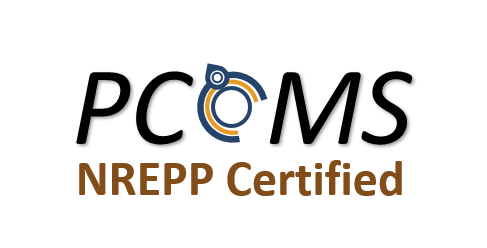What can we therapists learn from the CIA? In a phrase, “When it comes to making predictions about important future events, don’t rely on experts!”
After a spate of embarrassing, high-profile intelligence failures, a recent story showed how a relatively small group of average people made better predictions about critical world events than highly-trained analysts with access to classified information. The four-year study, known as the Good Judgment Project, adds to mounting evidence regarding the power of aggregating independent guesses of regular folks–or what is known as, “the wisdom of the crowd.”
When it comes to therapy, multiple scientific studies show that inviting the “wisdom of the crowd” into treatment as much as doubles effectiveness, while simultaneously cutting drop out and deterioration rates.
Whatever your profession, work setting, or preferred therapeutic approach, the process involves formally soliciting feedback from clients and then comparing the results to empirically established benchmarks. Getting started is easy:
- Download and begin using two free, easy to use tools–one that charts progress, the other the quality of the therapeutic relationship–both of which are listed on SAMHSA’s National Registry of Evidence Based Programs and Practices.
- Next, access cutting edge technology available on the web, smartphones, and tablets, that makes it easy to anonymously compare the progress of your clients to effective patterns of practice worldwide.
You can learn more at: www.whatispcoms.com. Plus, the ICCE–the world’s largest online community of professionals using feedback to enhance clinical judgment–is available at no cost to support you in your efforts.
While you’re at it, be sure and join fellow practitioners from the US, Canada, Europe, and Australia for the “Training of Trainers” or two-day FIT Implementation Intensive coming up this August in Chicago. You’ll not only learn how to use the measures, but also tap into the collective wisdom of clients and practitioners around the globe. Space is limited, and we are filling up quickly, so don’t wait to register.





















